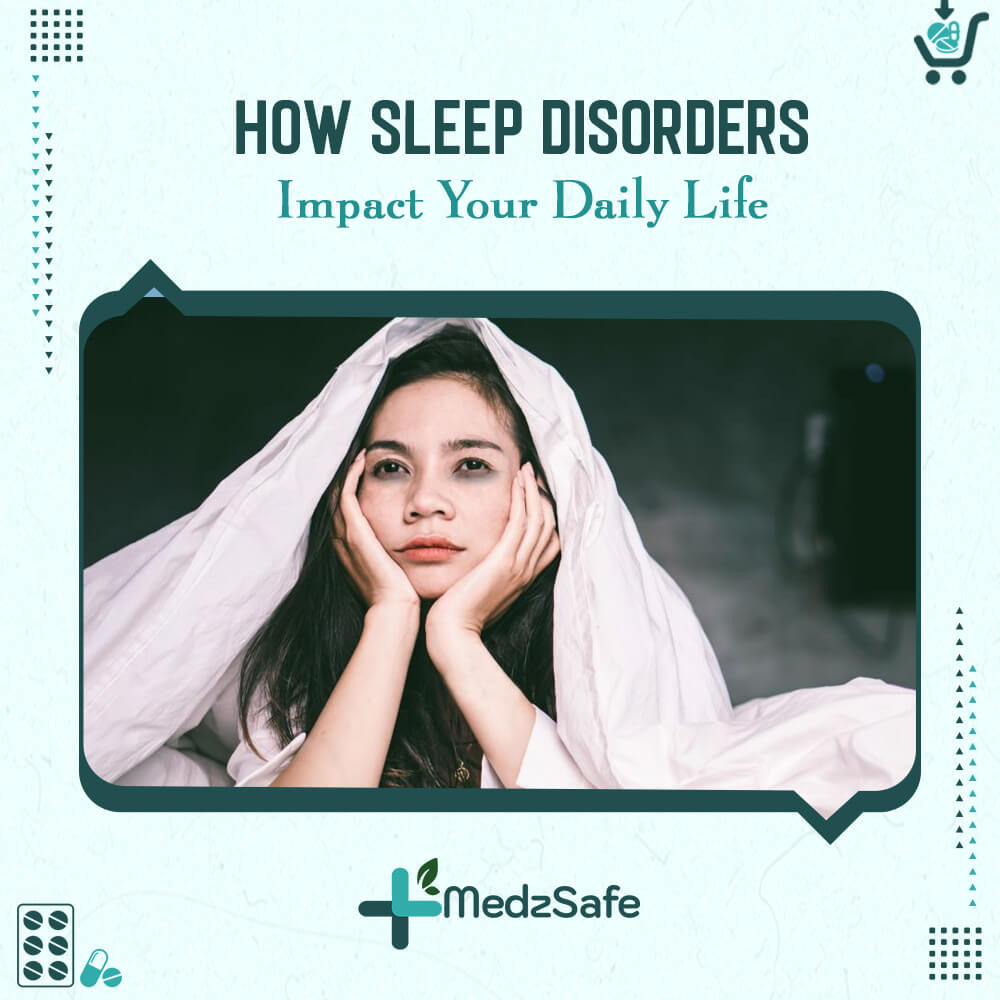Sleep Disorders are prevalent worldwide, affecting millions of people across different countries and societies. These diseases encompass a range of conditions that disrupt the quality and volume of sleep, leading to significant health consequences. Understanding the variations and unique aspects of sleep diseases in different countries provides precious perceptivity into their impact and the artistic factors impacting sleep health.
Sleep Disorders: A Global Perspective
Worldwide, sleep disorder is a significant public health concern. Wakefulness, obstructive sleep apnea (OSA), and restless leg syndrome (RLS) are among the most common sleep diseases. Factors such as high-stress situations, irregular work schedules, sedentary cultures, and the frequency of sleep-dismembering habits like inordinate technology use contribute to the high prevalence of sleep diseases in this country. Sleep conventions and technical sleep centers offer individual and group treatment services to address these issues. Modafinil Modalert 200 is a drug generally used in the treatment of sleep issues; particularly wakefulness, obstructive sleep apnea, and shift work sleep complaints. It’s an insomnia-promoting agent that helps individuals stay awake and alert during their waking hours.
A Noteworthy Neurological Disorder
Wakefulness is a neurological complaint characterized by inordinate daytime somnolence, unforeseen and willful occurrences of sleep, and dislocations in the sleep-wake cycle. Modafinil is generally prescribed to individuals with wakefulness to help reduce daytime somnolence and ameliorate alertness. Waklert 150 medium of action isn’t completely understood. Operation of Sleep Apnea: Modafinil may be used as a spare treatment for individuals with obstructive sleep apnea (OSA). It can help palliate residual daytime somnolence despite the use of nonstop positive airway pressure (CPAP) therapy, which is the primary treatment for OSA.
Sleep disorders were significantly associated with an increased threat of osteoarthritis (OA). The association was significant across all coitus, age, and OA type groups, except cases that progressed greater than 85 times and those with knee OA. Findings punctuate the significance of perfecting the opinion and operation of sleep diseases to alleviate their potentially injurious effects on OA.
Major Impacts that Need Focus on Sleep Disorders
- Disabled Literacy and Academic Performance Acceptable sleep are pivotal for effective literacy and memory connections. Sleep privation can negatively impact attention, attention span, and information retention, affecting academic performance and overall literacy capacities.
- Increased threat of habitual health problems: yes, habitual sleep privation has been associated with an increased threat of developing colorful health problems, including rotundity, diabetes, cardiovascular conditions, and indeed certain types of cancer.
- The cumulative effects of sleep privation can significantly impact your overall quality of life. It can affect your connections, work performance, social relations, and overall well-being.
Ways in which sleep diseases can impact diurnal Routine
Day Fatigue and Somnolence Sleep diseases frequently affect shy or poor-quality sleep, leading to day fatigue, somnolence, and reduced alertness. Individuals may struggle to stay awake and concentrated during diurnal conditioning, making it challenging to perform tasks efficiently and safely.
- Disabled cognitive function Lack of proper sleep can vitiate cognitive functions such as attention, memory, and decision-making. This can affect productivity, academic or job performance, and the capability to learn and retain information.
- Emotional Disturbances Sleep diseases can contribute to emotional disturbances, including mood swings, perversity, and increased vulnerability to stress. People may find it delicate to regulate their feelings and may witness heightened anxiety or depression.
- Reduced physical health and immunity Sleep diseases have a link to a variety of physical health problems. Sleep privation or poor sleep quality can weaken the vulnerable system, making individuals more susceptible to ailments and infections. It can also increase the threat of developing habitual conditions such as rotundity, diabetes, cardiovascular conditions, and compromised overall physical well-being.
Impact on connections Sleep disturbances can strain connections with mates, family members, and musketeers. Snoring, restless movements, or sleep-related actions associated with certain sleep diseases can disturb the sleep of others, leading to frustration, resentment, and conflicts.
Disabled Performance and Safety Sleep-deprived individuals are more prone to accidents and crimes. Reduced attention, braking response times, and disabled judgment increase the threat of plant accidents, and business accidents and drop overall performance in diurnal conditioning.
Conclude
Lowered Quality of Life Sleep diseases can significantly dwindle an individual’s overall quality of life. Patient prostration, cognitive difficulties, emotional insecurity, and physical health problems can lead to a dropped enjoyment of life, limited participation in conditioning, and an overall sense of dissatisfaction. It’s important to seek professional help and guidance if you suspect or are experiencing symptoms of a sleep complaint. Proper opinion and treatment can help palliate the impact on daily life and ameliorate overall well-being.
Read More: Modafinil 200 – Why ‘Smart Drugs’ are not the brightest option?
